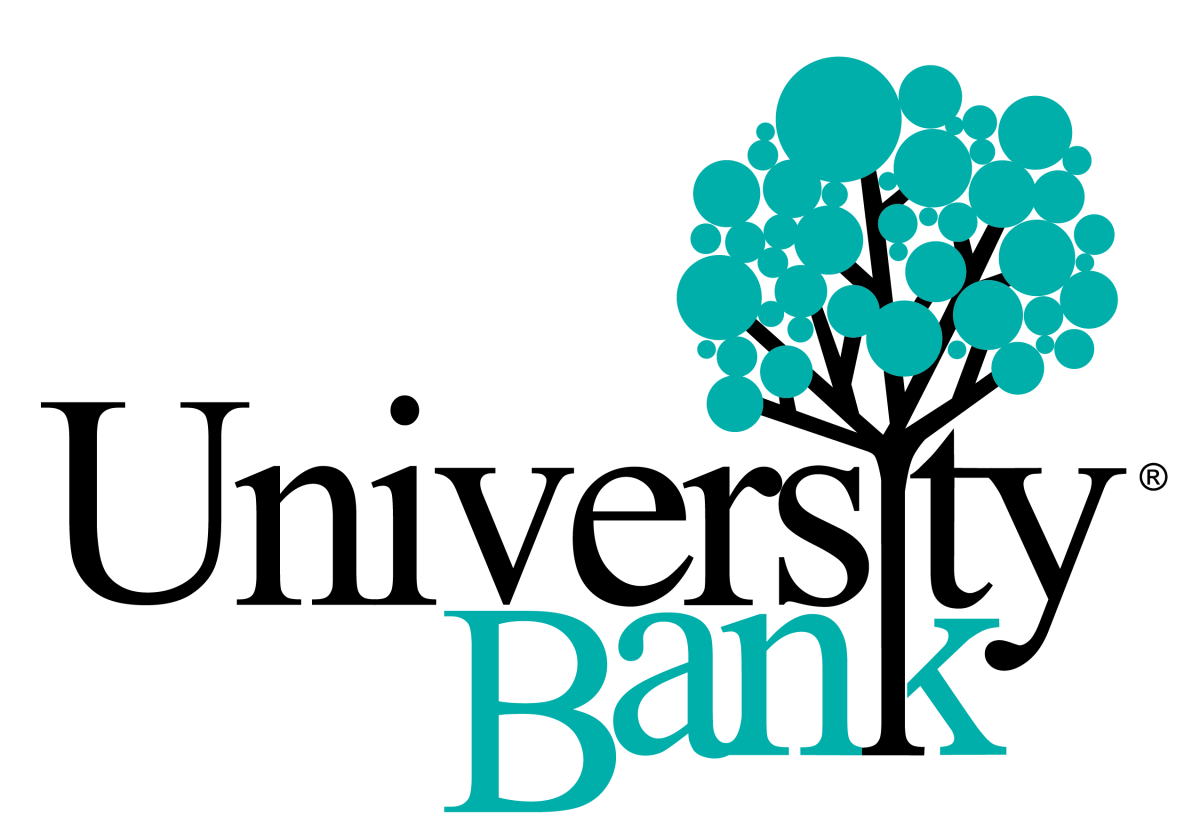Budgeting is a fundamental aspect of financial management that empowers individuals to take control of their money and make mindful spending decisions. In this blog post, we will delve into the art of budgeting, exploring practical strategies for creating and maintaining a personalized budget that aligns with your financial goals.
Understanding the Basics of Budgeting
To master the art of budgeting, it’s important to understand the basic premise of budgeting itself. Simply put, a budget is a financial plan that outlines an individual’s income and expenses. By carefully tracking and categorizing both income and expenses, one can gain a clear understanding of where their money is coming from and where it is going. Essentially, a budget serves as a roadmap for one’s financial journey, providing a framework for wise decision-making and long-term financial stability.
Creating a Personalized Budget
Creating a personalized budget begins with a thorough assessment of your income sources and monthly expenses. Start by listing all sources of income, including wages, bonuses, and any other forms of financial inflow. Next, categorize your expenses, covering essential costs such as housing, utilities, groceries, and transportation, as well as discretionary spending like entertainment and dining out. With these figures in hand, you can calculate the surplus or deficit and make informed decisions about your financial priorities.
Tools and Resources for Effective Budgeting
In today’s digital age, numerous budgeting tools and apps are available to simplify the budgeting process. Platforms like Mint, YNAB (You Need A Budget), and Personal Capital offer features for tracking transactions, setting budget goals, and monitoring progress. Additionally, traditional methods like using spreadsheets or pen-and-paper can be equally effective if they align with your personal preferences.
Overcoming Challenges and Adjusting the Budget
It’s important to recognize that sticking to a budget may come with challenges. Unexpected expenses, fluctuating income, or lifestyle changes can all impact your financial plan. When faced with such scenarios, it’s important to be adaptable and proactive. Evaluate your budget regularly, make necessary adjustments, and seek alternative income sources or cost-saving measures when needed.
Want to get started with a budget today?







